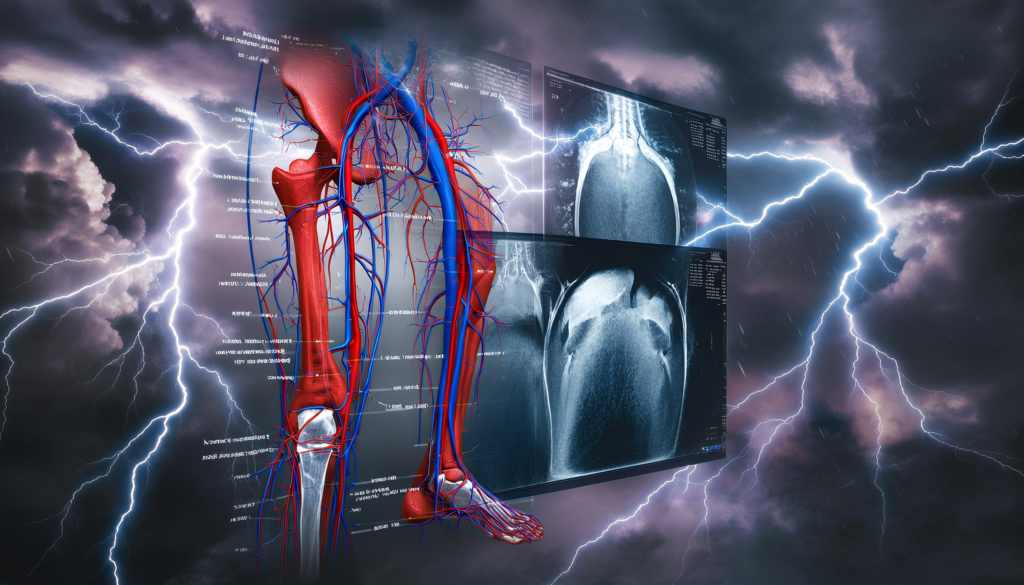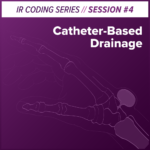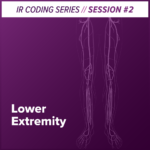Action applies to the Medicare Accelerated and Advanced Payment Loan Program.
In March, the Centers for Medicare & Medicaid Services (CMS) expanded the Accelerated and Advanced Payment Program (AAP) due to the COVID-19 public health emergency (PHE), in an effort to increase cash flow to providers. Under the current terms, repayment for these funds was to begin Aug. 10, or 120 days after issuance.
Members who engaged or applied for these advanced payments were advised that if they received APP funds, repayments will happen, as these are “loans” and not “grants” under the Coronavirus Aid, Recovery, and Economic Security (CARES) Act. They will be recouped. These are also not PPP loans, which have some forgiveness under certain circumstances.
In the recoupment process, every claim submitted will be offset from the new claims to repay the accelerated payments. The outstanding accelerated payment balance is reduced by the claim payment amount, and this process is automatic. Most Part A and B providers will have to pay back the funds in 210 days, with the exception of inpatient acute care, children’s, cancer, and critical access hospitals, which will have one year after issuance. After 210 days, Medicare Administrative Contractors (MACs) will send a request for repayment of the remaining balance, which will be collected by direct payment. Furthermore, after 210 days, there is a 10.25 percent interest rate in paying back these loans. As we expected, many hospitals and providers that participated in this application and received these loans are now asking for delays in the recoupment process, or that the loans be forgiven. That is an impossible request, as CMS pushed out over $34 billion in these loans, with the mindset that this money would be paid back against future services. However, due to the unforeseen length of the PHE, and the strain the pandemic has put on hospitals and providers attempting to reopen after almost six months of minimal elective cases, panic is setting in as to what this recoupment could mean for practices trying to get back to solvency.
The payments were made available to Part A providers, including hospitals, and Part B suppliers, including doctors, non-physician practitioners, and durable medical equipment (DME) suppliers. While most of these providers and suppliers could have received three months of their Medicare reimbursements, certain providers can receive up to six months.
The CMS Accelerated and Advance Payment Program is funded from the Hospital Insurance (Part A) and Supplementary Medical Insurance (Part B) trust funds, which are the same funds used to pay out Medicare claims each day. This is why the payments are a loan that providers must pay back.
It is important to note that this funding is separate from the $100 billion provided in the Coronavirus Aid, Relief, and Economic Security (CARES) Act. The CARES Act appropriation is a payment that does not need to be repaid. Again, this is why many healthcare consultants and accountants alike strongly discouraged providers from applying for these loans.
Due to the uproar, with the recoupments already started in August, this halt is only temporary. An administrative delay in recoupment does not erase providers’ statutory liability. In terms of accounting, this is going to be a nightmare for hospitals, whose fiscal years end in September or October. Remember, any funds not recouped or paid back are subject to an interest rate starting at 9.6 percent.
I would agree with the American Hospital Association (AHA) that setting an initial 120-day timeline for repayment was a mistake, and six months may have been more appropriate, based on the unknowns of the pandemic. But as I counseled my clients against applying for these loans, I reminded them that make no mistake, these funds will be recouped. The question now is when? And what will the interest rate be?
Stay tuned as this is a developing story.













